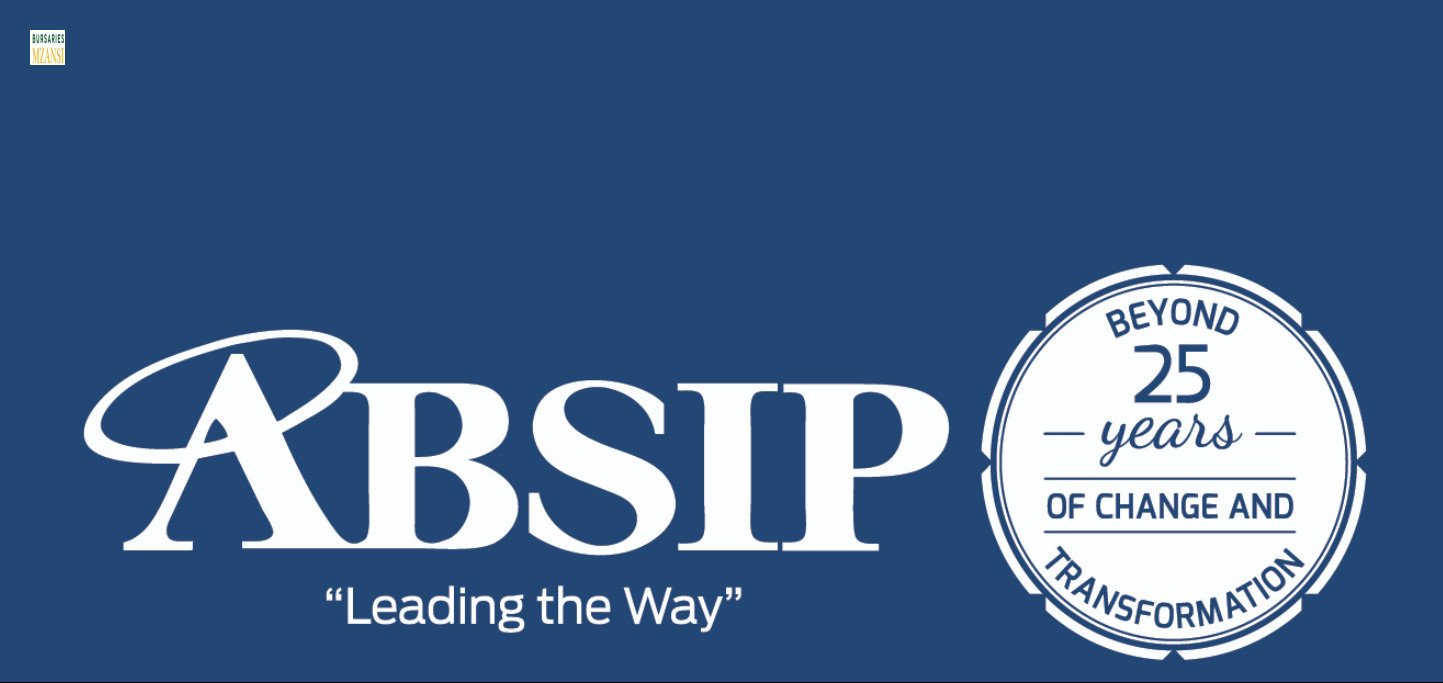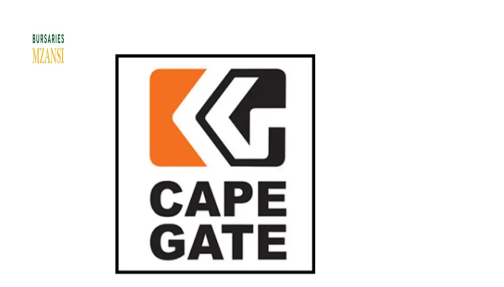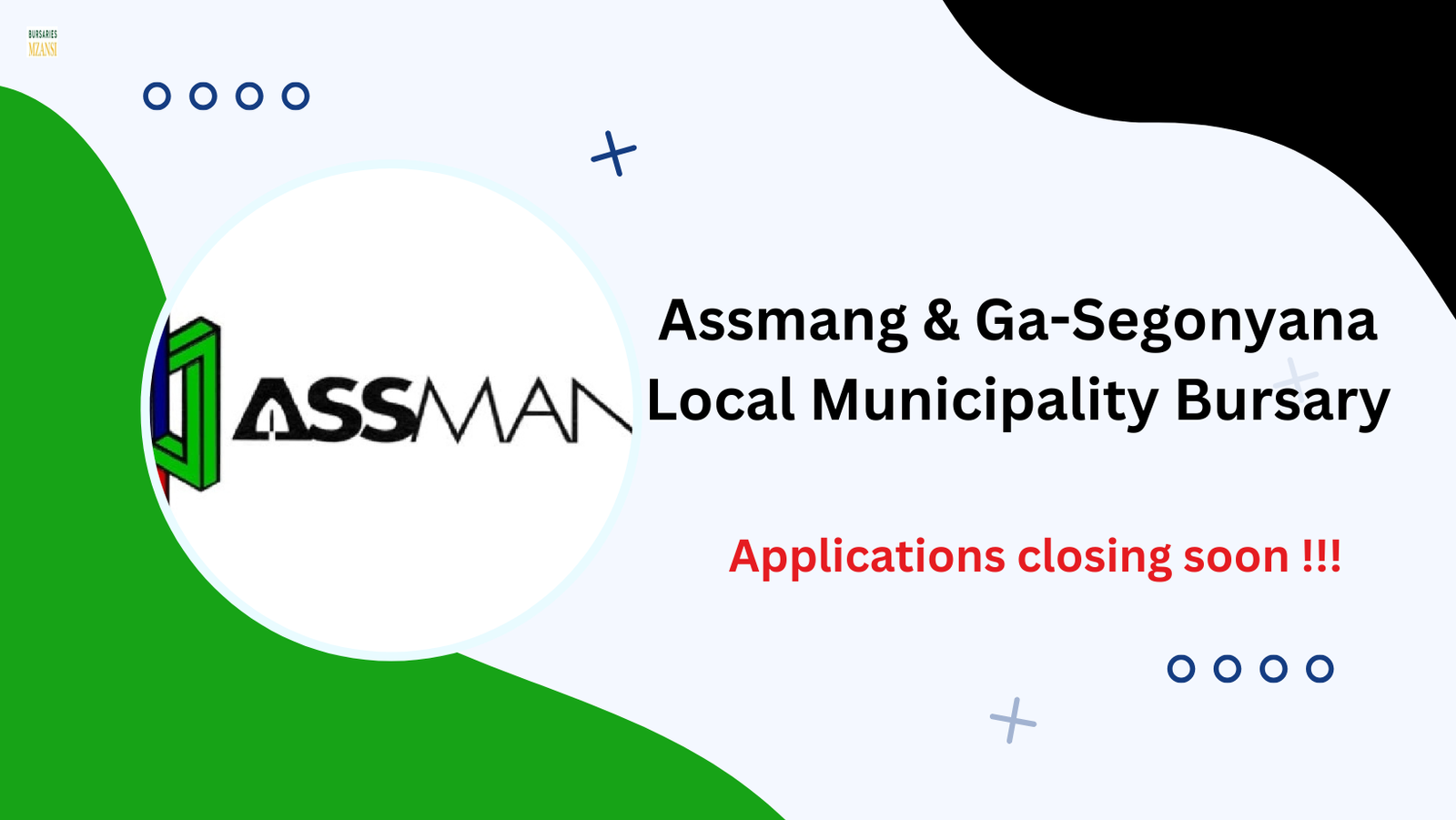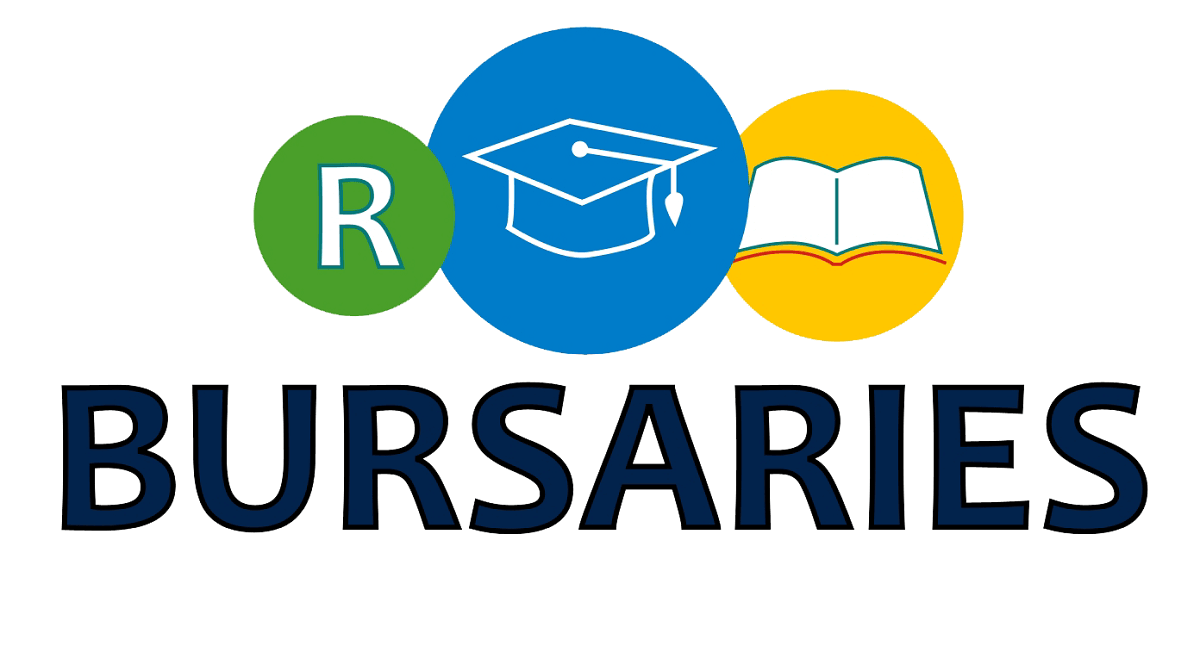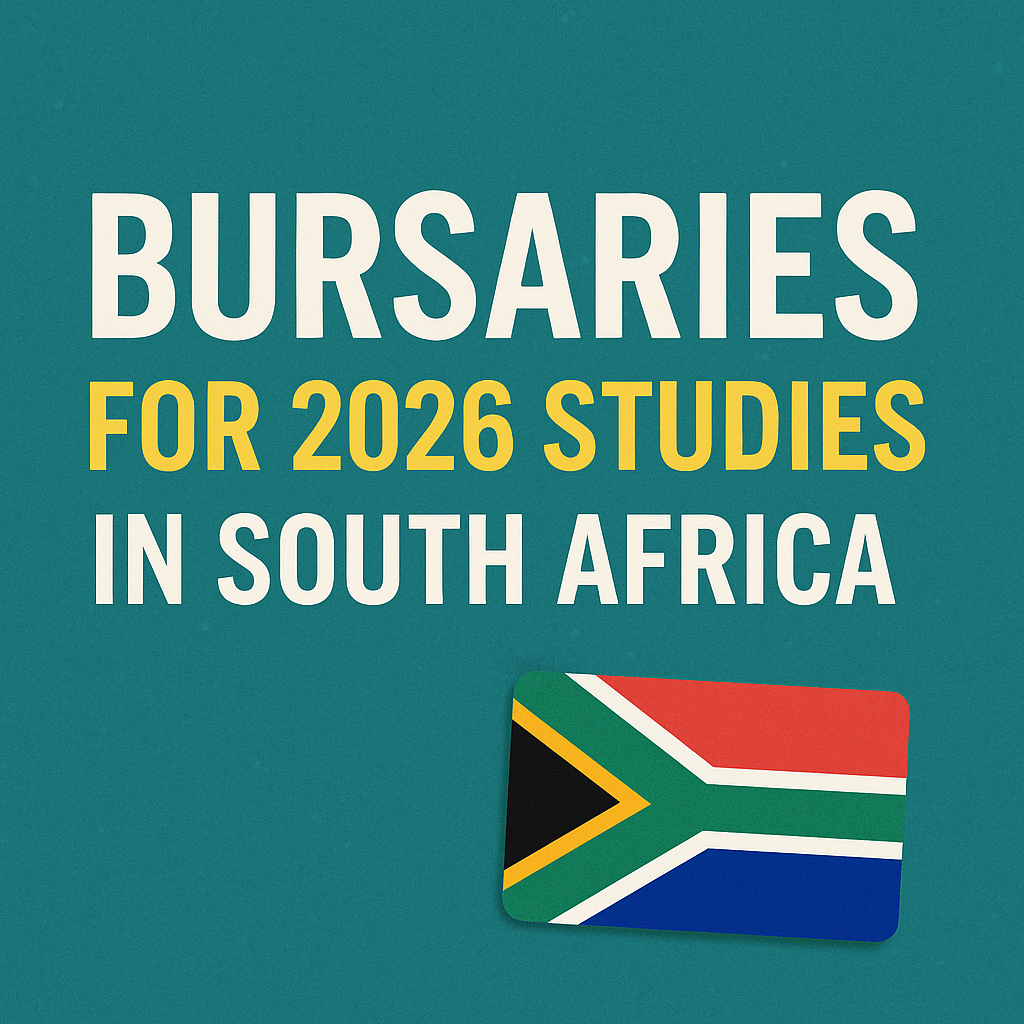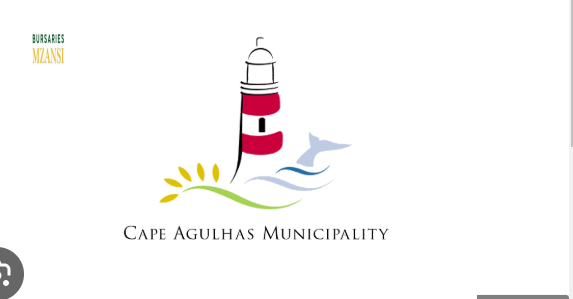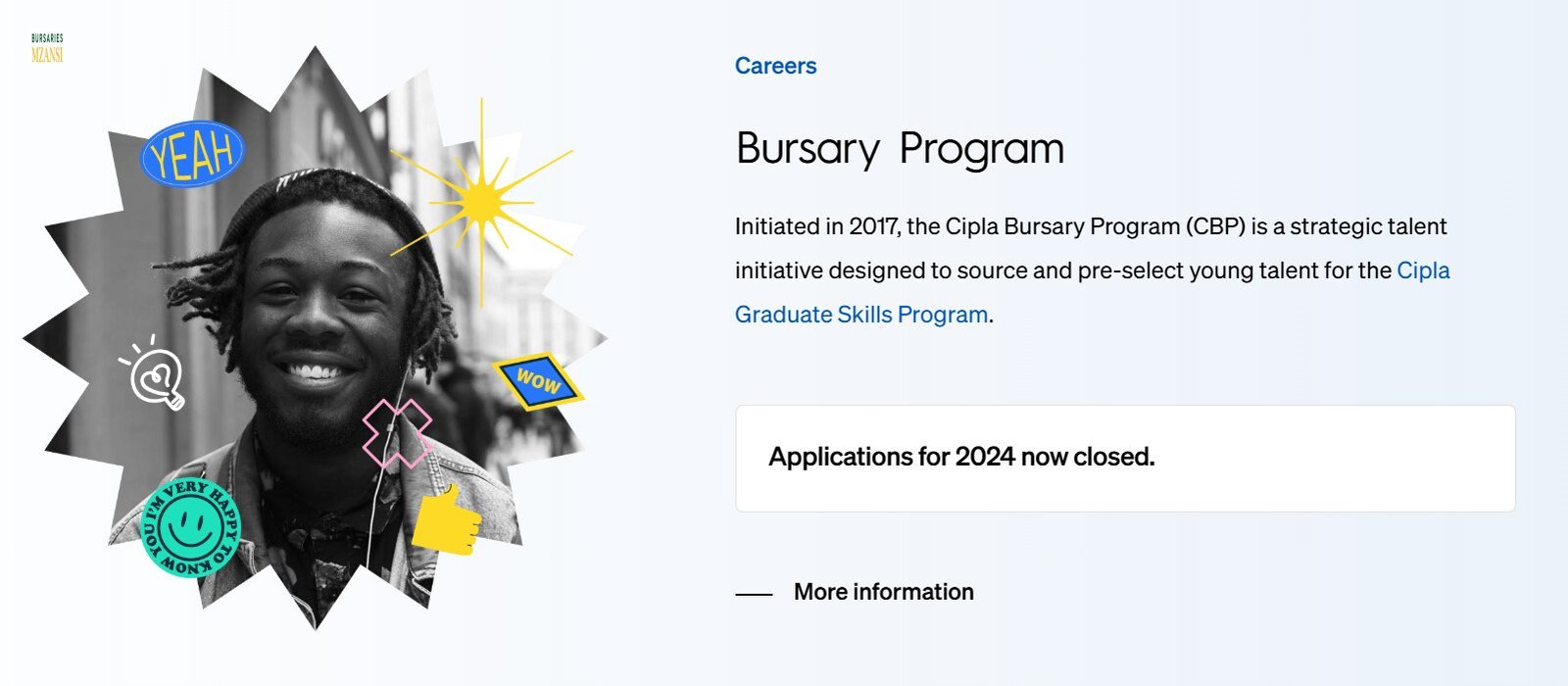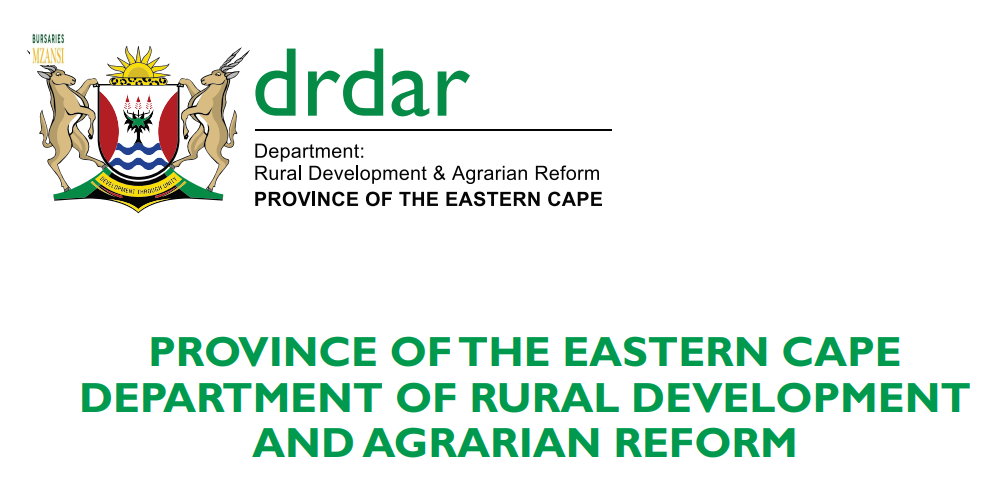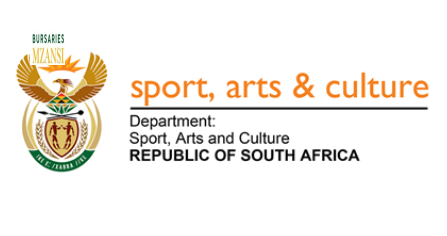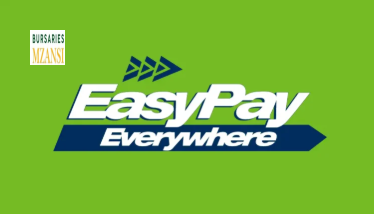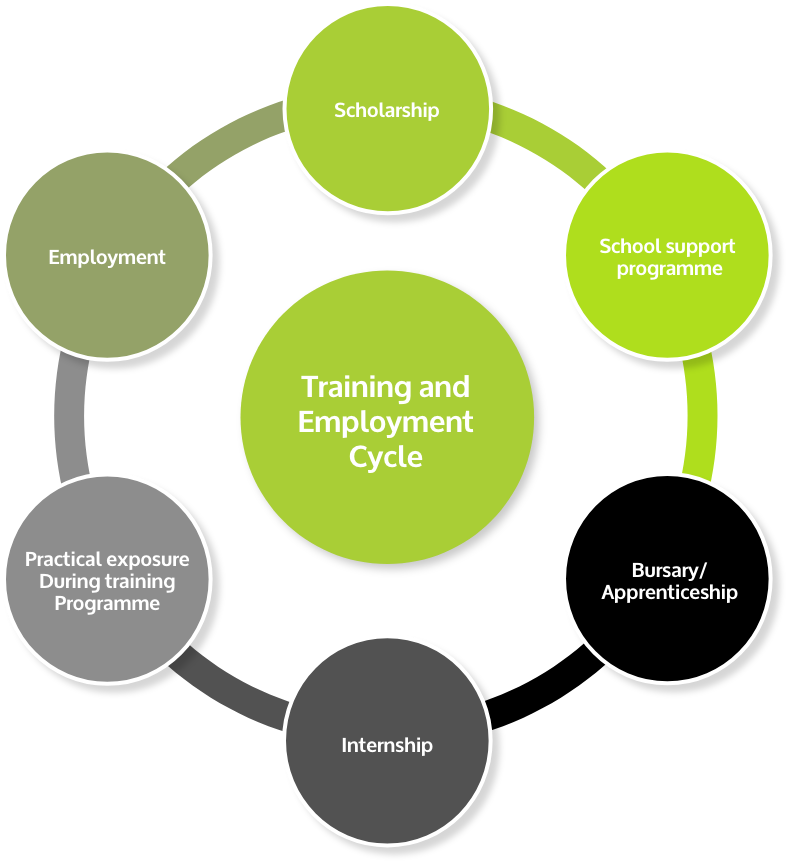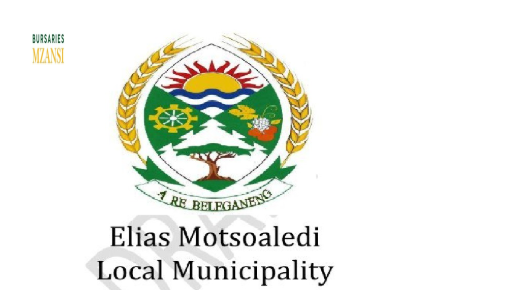Are you planning to study at a university but worried about how to cover the cost of tuition, textbooks, and accommodation? You’re not alone. Every year, thousands of South African students face the challenge of paying for higher education. The good news is that there are many bursaries available for university students. These bursaries can cover part or even all of your expenses, depending on your financial need and academic performance.
In this article, we’ll explore what a bursary is, how you can apply for one, where to find opportunities, and tips to increase your chances of being awarded funding. Whether you’re a first-year student or in your final year, this guide will help you navigate the bursary application process with confidence.
What is a Bursary?
A bursary is a form of financial assistance given to students who cannot afford to pay for their education. Unlike a student loan, you don’t have to pay a bursary back. In most cases, a bursary is awarded based on financial need, good academic results, or specific criteria set by the organization offering it.
For example, a mining company might offer bursaries to engineering students, while a government department might provide bursaries to students studying teaching, nursing, or law. Some bursaries also come with conditions, such as working for the company after graduation for a certain period.
If you want to dive deeper into bursary opportunities, check out our guide on Top Bursaries in South Africa 2025 for a full list.
Why are Bursaries Important for University Students?
Higher education costs have been rising every year, and many families struggle to keep up. Here’s why bursaries are so important:
- Access to Education: Without financial help, many talented students wouldn’t get the chance to study.
- Reduced Debt: Unlike loans, bursaries don’t need to be repaid, which means you graduate without the heavy burden of debt.
- Support for Critical Skills: Many bursaries are offered in fields where South Africa needs more skilled workers, like engineering, medicine, and teaching.
- Empowerment: For students from disadvantaged backgrounds, bursaries open the door to opportunities that can change their lives and communities.
Types of Bursaries for University Students
Not all bursaries are the same. Here are the main types you’ll come across:
1. Financial Need Bursaries
These are for students who cannot afford tuition fees. They are often offered by government bodies, NGOs, and educational trusts.
2. Merit Bursaries
Awarded to students with excellent academic results or achievements in sports, arts, or leadership.
3. Field-Specific Bursaries
These bursaries are tied to certain areas of study. For example, if you’re studying medicine, you can find bursaries specifically for medical students.
4. Company or Corporate Bursaries
Businesses often invest in students who will later join their workforce. These bursaries usually come with a work-back obligation.
5. Government Bursaries
Government departments provide bursaries for fields that support public services, such as education, social work, and healthcare.
If you’re interested in specialized opportunities, see our post on Allan Gray Orbis Foundation Fellowship 2025 for an example of a leadership-focused bursary.
Who Qualifies for a University Bursary?
The eligibility requirements differ depending on the bursary, but here are the most common criteria:
- You must be a South African citizen or permanent resident.
- You need to show proof of financial need (for need-based bursaries).
- A minimum academic average, usually 60% or higher, is required.
- You must be accepted or enrolled at a recognized university.
- Some bursaries require you to study in a specific field, like engineering, teaching, or medicine.
- In some cases, bursaries are only open to students from certain provinces or backgrounds.
How to Find Bursaries for University Students
Finding the right bursary may seem overwhelming, but with the right approach, it becomes easier. Here’s where you should start:
- University Financial Aid Office: Most universities have a bursary office that provides information on available opportunities.
- Government Departments: Check websites of the Department of Education, Health, or Public Works for bursary listings.
- Private Companies: Many businesses in South Africa publish bursary opportunities on their official sites.
- Bursary Portals and Websites: Websites like Bursaries South Africa and GoStudy Bursaries regularly update bursary listings.
- NGOs and Trust Funds: Organizations such as the Imfundo Trust offer bursaries to underprivileged students.
How to Apply for a Bursary
Applying for a bursary requires preparation and attention to detail. Here’s a step-by-step guide:
- Do Your Research: Find bursaries that match your field of study and personal circumstances.
- Check the Requirements: Make sure you meet the academic and financial criteria.
- Prepare Your Documents: Common requirements include a certified ID copy, academic transcripts, proof of income, and a motivational letter.
- Write a Strong Motivational Letter: Explain why you deserve the bursary, your career goals, and how you’ll make an impact.
- Apply Early: Many bursaries close months before the academic year begins. Don’t wait until the last minute.
- Follow Up: If you don’t hear back, check the status of your application.
For tips on writing a winning application, see our guide on How to Apply for a Matric Certificate Replacement — the steps are similar in terms of gathering and submitting the right documents.
Common Mistakes Students Make When Applying
- Submitting Late Applications: Deadlines are strict, and late submissions are usually rejected.
- Missing Documents: Forgetting even one required document can cost you the bursary.
- Using a Generic Motivational Letter: Always customize your letter to the bursary you’re applying for.
- Not Checking Eligibility: Don’t waste time applying for bursaries you don’t qualify for.
- Overlooking Small Bursaries: Many students only apply for big bursaries, but smaller ones add up and can make a big difference.
Top Bursary Providers in South Africa
Here are some well-known bursary providers to get you started:
- National Student Financial Aid Scheme (NSFAS): www.nsfas.org.za – the largest government bursary scheme.
- Old Mutual Imfundo Trust: Supports students from disadvantaged backgrounds.
- Sasol Bursary Scheme: Focuses on engineering, science, and technology students.
- Eskom Bursaries: Available for students in engineering and technical fields.
- Department of Basic Education: Provides bursaries for future teachers.
Tips to Improve Your Chances
- Maintain good grades throughout your studies.
- Get involved in community service or leadership activities, as many bursary providers value this.
- Apply to as many relevant bursaries as possible to increase your chances.
- Stay organized by keeping a calendar of bursary deadlines.
Final Thoughts
Getting a bursary as a university student can change your life. It’s not just about paying tuition fees; it’s about opening doors to opportunities that might otherwise remain closed. With the right research, preparation, and determination, you can secure funding that allows you to focus on your studies and future career.
Don’t let financial challenges stop you from chasing your dreams. Start your bursary search today and take one step closer to building the future you deserve.
If you’re ready to explore your options, check out our regularly updated Bursaries in South Africa 2025 page for the latest opportunities.



